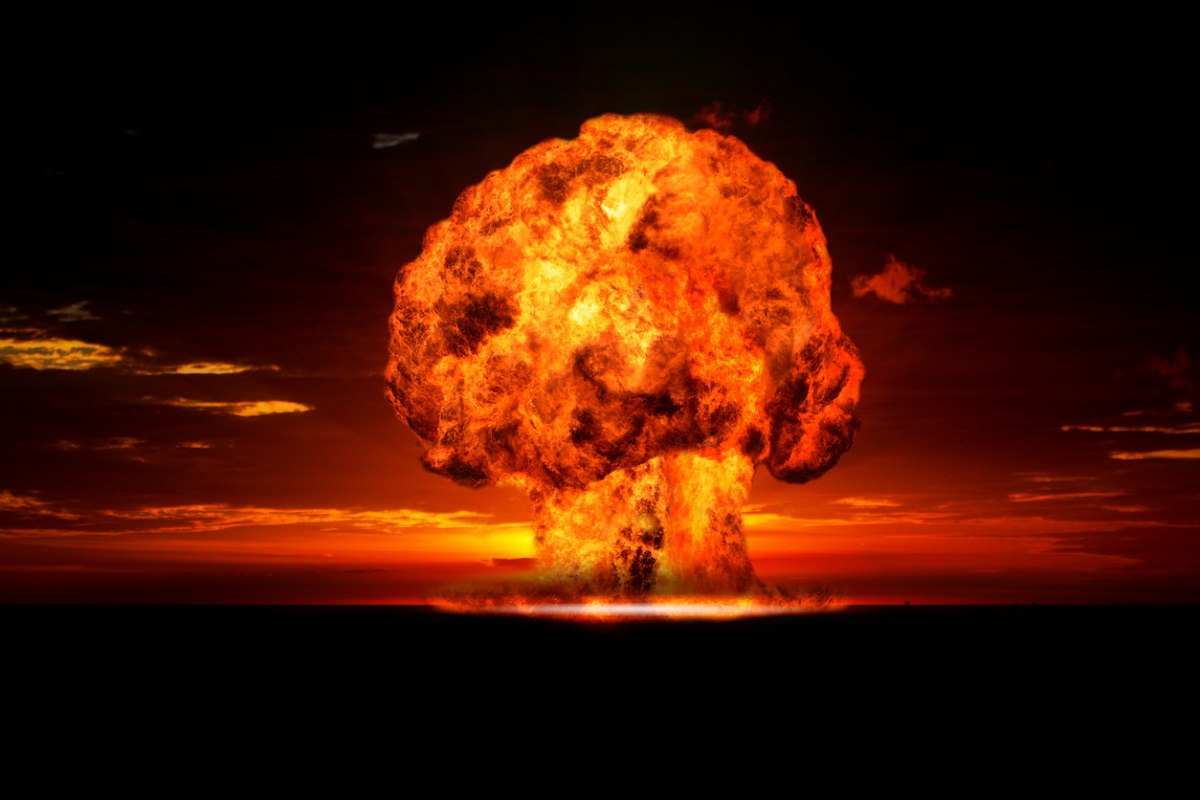2+2 talks
In a world rife with geopolitical complexities, the Indo-US “2+2 Dialogue” emerges at a crucial juncture in the evolving landscape of international relations.
Thirty-two years after the Intermediate Range Nuclear Forces (INF) Treaty was concluded by Ronald Reagan and Mikhail Gorbachov, it has been abrogated by today’s key players on the world stage, pre-eminently Donald Trump and Vladimir Putin.

(Representational Image: iStock)
Akey nuclear arms treaty, dating back to the Cold War, has met its eclipse and the future can be awesome to contemplate not the least because of the renewed uncertainty and concerns about a new arms race. Thirty-two years after the Intermediate Range Nuclear Forces (INF) Treaty was concluded by Ronald Reagan and Mikhail Gorbachov, it has been abrogated by today’s key players on the world stage, pre-eminently Donald Trump and Vladimir Putin.
In 1987, the momentous treaty had eliminated a whole category of nuclear and conventional missiles. This effectively had minimised the chances of Europe becoming a battlefield for the two superpowers. The INF treaty had banned the use of all land-based short and medium missiles, with nearly 2,700 of them being decommissioned. In parallel, it gave the two countries unprecedented access to each other’s arsenals for inspections.
On Friday, the watershed agreement to curb an arms race lapsed in the limbo of history. Unwittingly or otherwise and on the face of it, the signal emitted from Bangkok, where the deal was abrogated, is that Trump’s America and Putin’s Russia have adopted confrontationist postures. This must rank as the quirkiest development in contemporary history when contextualised with the Kremlin’s intervention in the US Election 2016, to ensure Trump’s victory and Hilary Clinton’s defeat. By binning the treaty as “dead”, Mr Putin has trashed a signal achievement of Gorbachov’s Russia.
Advertisement
Neither President has been explicit on why the treaty has been terminated. This is the least that they must now owe to the world. On the contrary, both countries were on Friday engaged in a puerile trading of barbs, a far cry from the simulated bonhomie that had marked the US election campaign. “Russia is solely responsible for the treaty’s demise,” was the US Secretary of State, Mike Pompeo’s explanation in a statement forwarded to the ASEAN foreign ministers’ meeting in the Thai capital.
At another remove, the Russian foreign ministry was emphatic that the “deal has been terminated at the initiative of the US”. The heart of the matter lies somewhere in between these two contrarian postures. Pretty obvious was the build-up. Both sides had signalled their intent to pull out of the treaty for months; both sides had traded accusations of breaking the terms of the deal. On closer reflection, disconcerting messages were conveyed over the past six months both from Washington and Moscow.
Early this year, the US had declared that it would pull out of the arms control treaty unless Russia stuck to the accord. The latter had called the US stand a ploy to exit the pact. It has now been fairly established that the US had wanted to leave in order to develop new missiles. Beyond the posturing, mercifully verbal thus far, both the United States of America and Russia must accept the geostrategic reality ~ their decision to terminate the missile pact of 1987 undermines global security and removes the bedrock of international arms control.
Advertisement